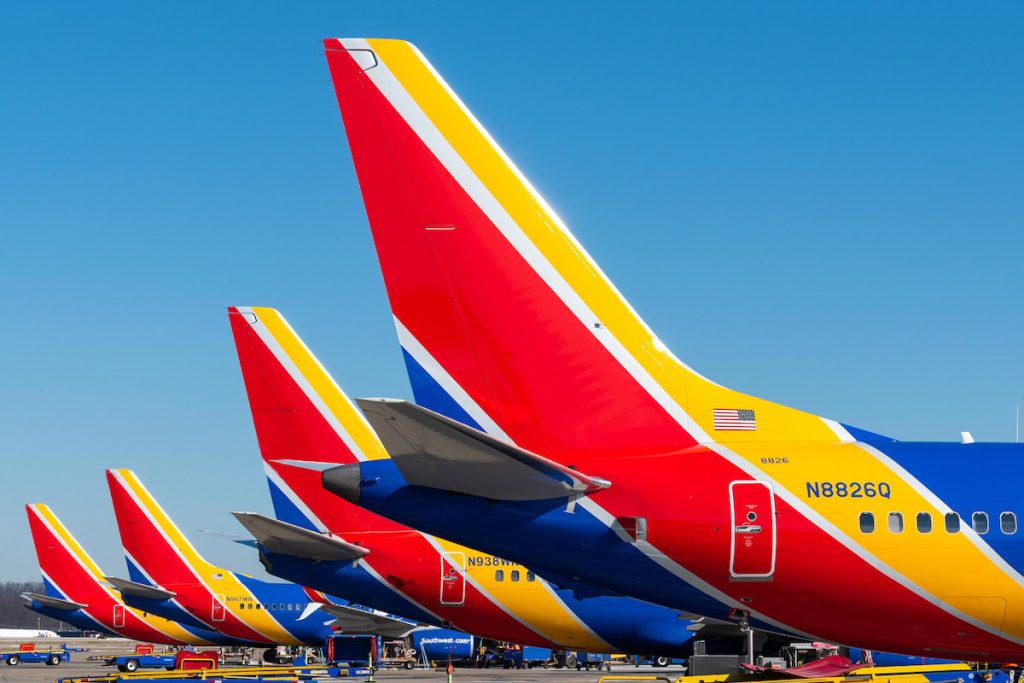Michael O’Leary, the CEO of Ryanair, believes that Southwest Airlines has lost its way as a low-cost carrier due to its generous baggage allowance, onboard perks, and rising average fares. O’Leary, who has previously credited Southwest with developing the low-fare format that Ryanair and other airlines have adopted, points out that Southwest’s average fare of $170 a seat is relatively high compared to Ryanair’s average fare of $47 per seat in Europe. He also criticizes Southwest’s baggage policy, stating that charging for checked-in bags has led to a decrease in the number of bags being checked in.
Southwest Airlines, considered a pioneer of the low-cost airline model, has continued to bundle perks such as two checked bags, free onboard refreshments, no change fees, and unassigned seating into its basic fare. This sets Southwest apart from other low-cost carriers like Spirit and Frontier, as well as traditional legacy carriers that typically charge for checked bags. Despite these differences, Southwest’s approach has been successful and the airline remains a major player in the low-fare airline market.
Michael O’Leary’s admiration for Southwest Airlines goes back to the early 1990s when he visited the U.S. to learn about the airline’s business model. Meeting with Southwest’s co-founder and CEO at the time, Herb Kelleher, inspired O’Leary to transform Ryanair into a low-cost powerhouse. Kelleher, described by O’Leary as the “grand master Yoda of low-fare airlines,” played a significant role in shaping the airline industry’s low-cost segment. O’Leary believes that Kelleher would have supported charging for checked bags as a way to reduce costs and increase efficiency.
While O’Leary believes that Southwest has lost its passion for low-cost travel, he acknowledges that the airline is still the best and largest low-fare carrier in the U.S. O’Leary suggests that Southwest should follow Ryanair’s lead in charging for checked bags, not only for revenue purposes but also to streamline operations and reduce costs. Despite his criticism, Southwest maintains that its low-cost model is alive and well, showcasing its all-in value and legendary hospitality to passengers. The airline’s famous “Southwest Effect,” recognized by the Department of Transportation, has had a lasting impact on the aviation industry.
In conclusion, Michael O’Leary’s comments about Southwest Airlines raise questions about the evolution of low-cost carriers and their strategies in a competitive market. While Southwest’s approach differs from that of other low-cost airlines, its success and reputation for affordable fares and excellent service remain strong. O’Leary’s insights into the airline industry, informed by his experiences with Ryanair and admiration for Southwest, shed light on the complexities of managing a low-cost carrier in a dynamic and challenging industry landscape. Southwest’s response to O’Leary’s critiques reflects its commitment to maintaining a balance between offering affordable fares and providing a high-quality travel experience for its customers.















